COUNSELLING CONNECTIONS
News from college counsellors Br Roger Vallance FMS &
Mrs Marijke Keller
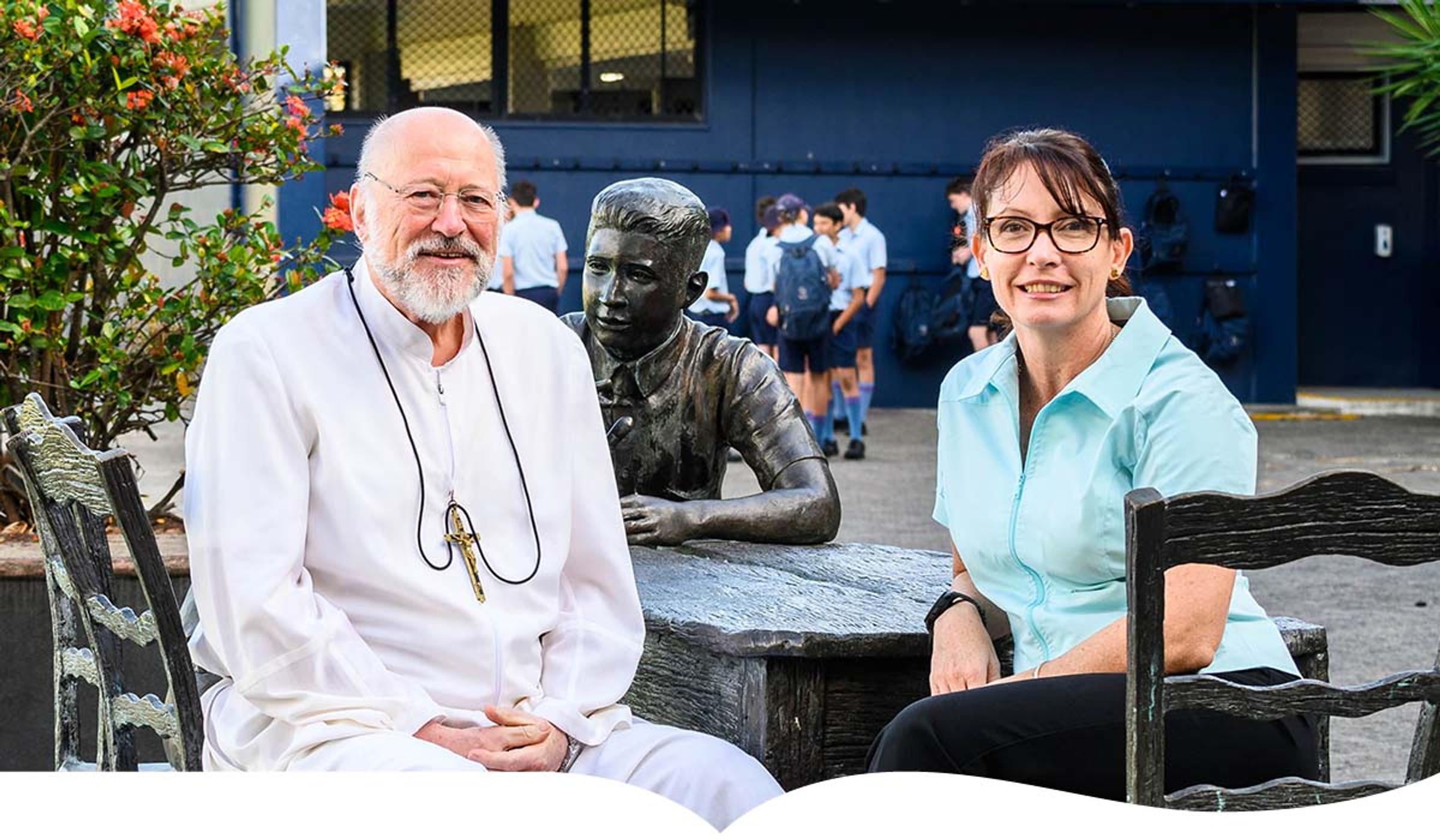
COUNSELLING CONNECTIONS
News from college counsellors Br Roger Vallance FMS &
Mrs Marijke Keller
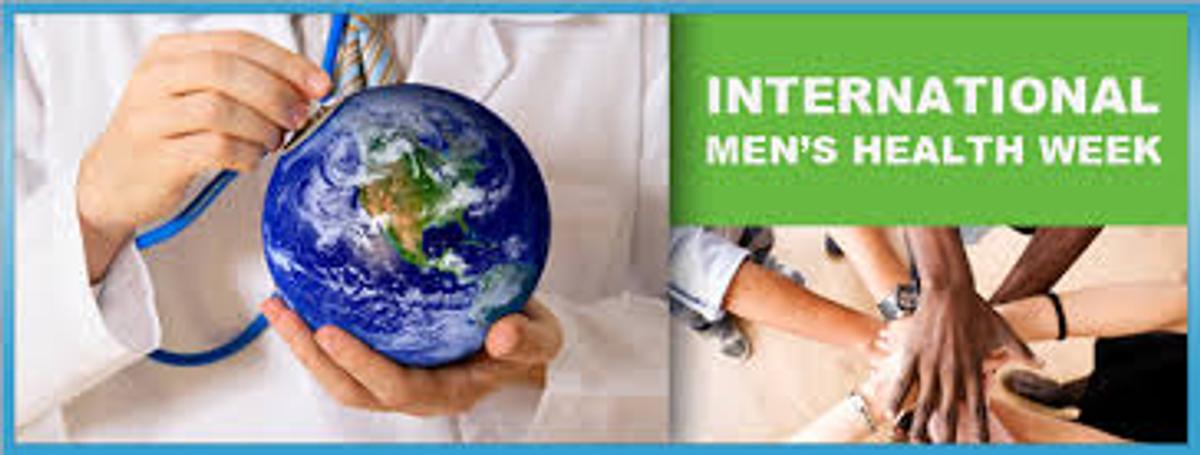

Men’s Health Week 10-16 June
Men's Health Week is celebrated every year around the world in the middle of June. It is an important opportunity to highlight the value of men's health, and to promote and support the health and wellbeing of men and boys in our communities, especially here at Saints.


Did you know: Around 40 per cent of poor health and premature death among Australian men can be prevented by healthier habits?
Men's Health Week focuses on physical and mental health as well as emotional wellbeing. During this week, many men’s advocacy groups across Australia will highlight the health challenges faced by men and run events that can be reproduced year-round to improve the physical, emotional and mental health of men and boys.
Did you know: Only 3 in 5 (58%) of Australian males rate their health as excellent or very good (AIHW 2022d).
This week aims to prompt thought and discussions around what needs to be done to improve male health through a series of promotions, events and publicity around the country.
Did you know: Males born in 2022 are expected, on average, to live 4.1 fewer years than females, and are expected to have 2.5 fewer years of healthy life than females (AIHW 2022d).
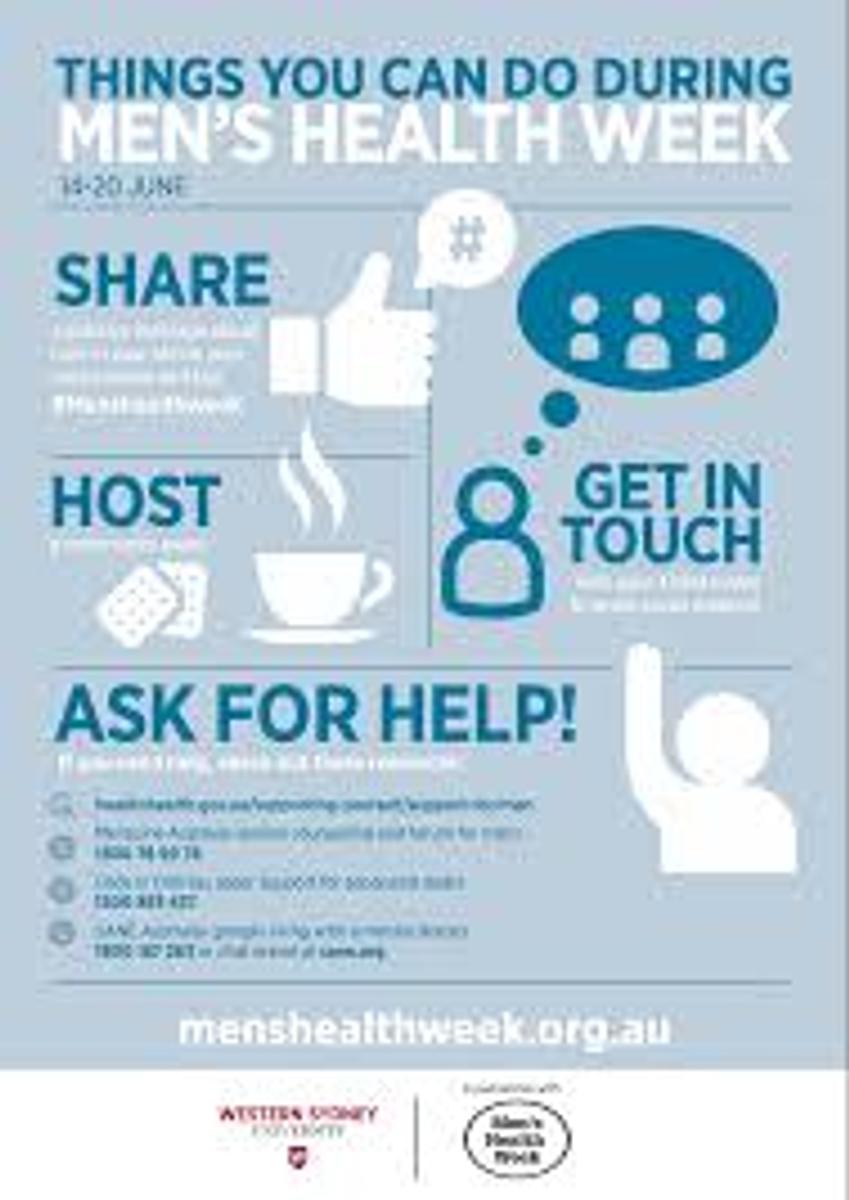

Please see the links below for further information on events that might interest your sons, husbands, uncles, brothers and male loved ones. You can also find some interesting information and articles on these sites to start a conversation about men’s health in your family during this important week.
Men's Health Week 2024 – Western Sydney University
Australian Child Maltreatment Study (ACMS), 2023
The Australian Child Maltreatment Study was funded and designed to identify, for the first time, how many Australians in the general population experienced any of the five types of child maltreatment (physical abuse, sexual abuse, emotional abuse, neglect and exposure to domestic violence), and to estimate the associated effects on key health outcomes through life. The findings are deeply sobering:
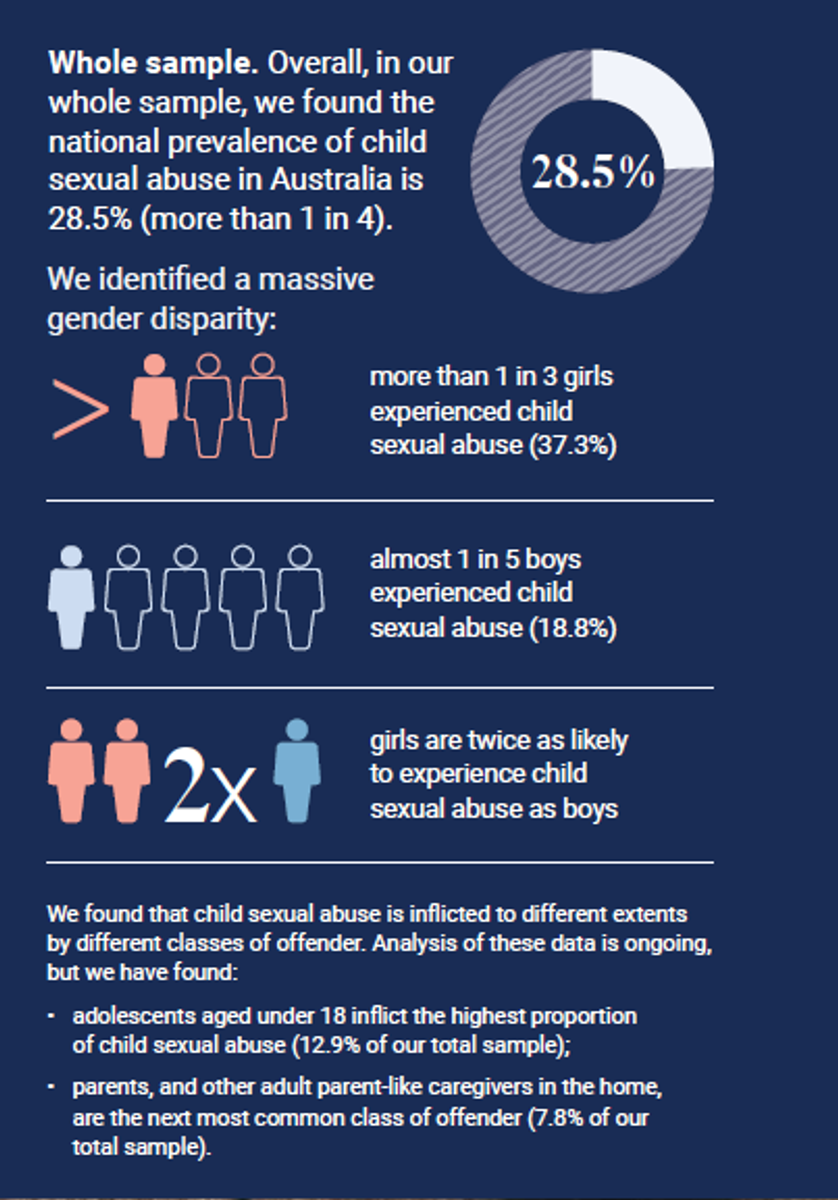

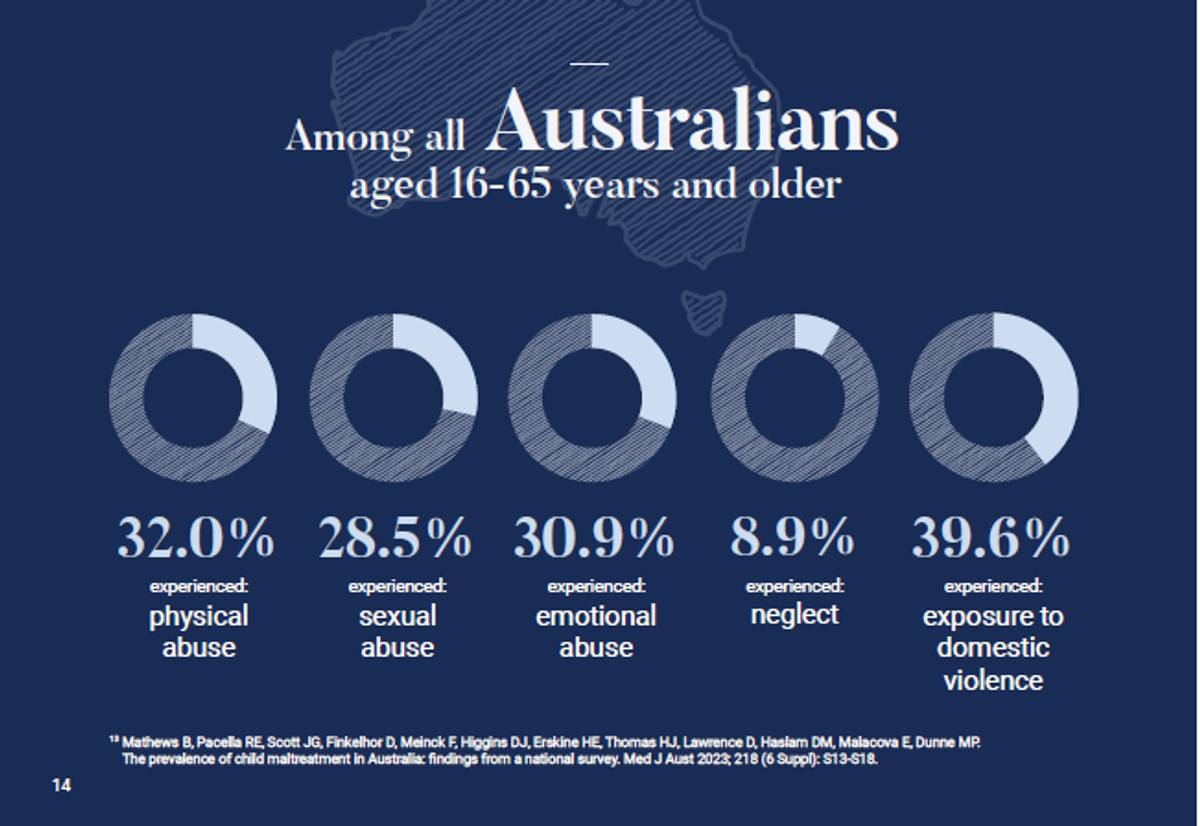

The ACMS collected data from 8500 randomly selected Australians aged 16-65 years and older. They included an oversample of 3500 young people 16-24 years of age to generate particularly strong data about child maltreatment in contemporary Australian society, to assess its associated impacts in adolescence and early adulthood, and to allow future prevalence studies to detect reductions in prevalence rates over time. Their participants aged 25 and over enabled them to understand prevalence trends at different times in Australian history, and to measure associated health outcomes through life. Participants provided information on childhood experiences of each of the five types of child abuse and neglect, and other childhood adversities, mental health disorders, health risk behaviours, health services use and more.
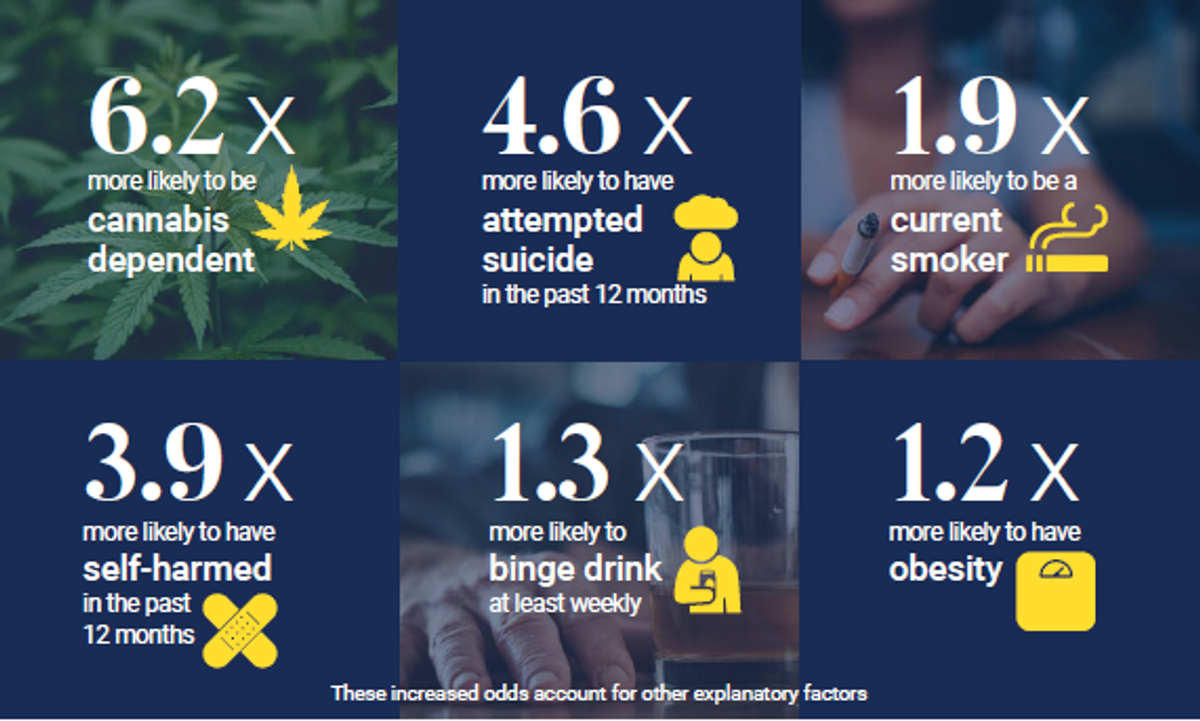

In young people aged 16-24 years, the prevalence of child maltreatment was: physical abuse (28.2%), sexual abuse (25.7%), emotional abuse (34.6%), neglect (10.3%) and exposure to domestic violence (43.8%).


The Australian Child Maltreatment Study Brief Report is linked here.
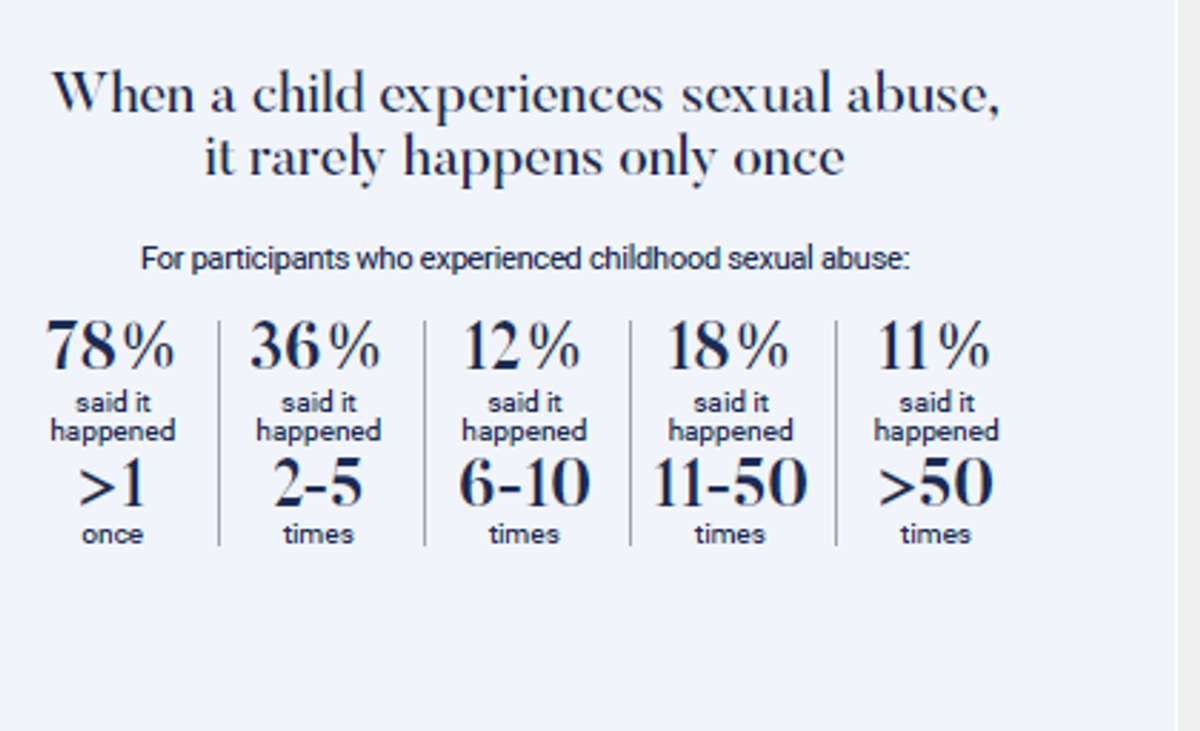

This is a timely reminder of the strength that can be found in your community, wherever that may be. Research tells us that if a student feels connected to their school, they are more likely to be engaged in their learning, find success and make plans for their future. If you have any concerns about your son’s mental health or connection to Saints, please contact our counsellors via: sac.counsellor@cns.catholic.edu.au
HWBC contacts
Sacha Donaldson RN sdonaldson@cns.catholic.edu.au 4052 9112
Ms Marijke Keller mkeller@cns.catholic.edu.au 07 4052 9136
Br Roger brroger@cns.catholic.edu.au 07 4052